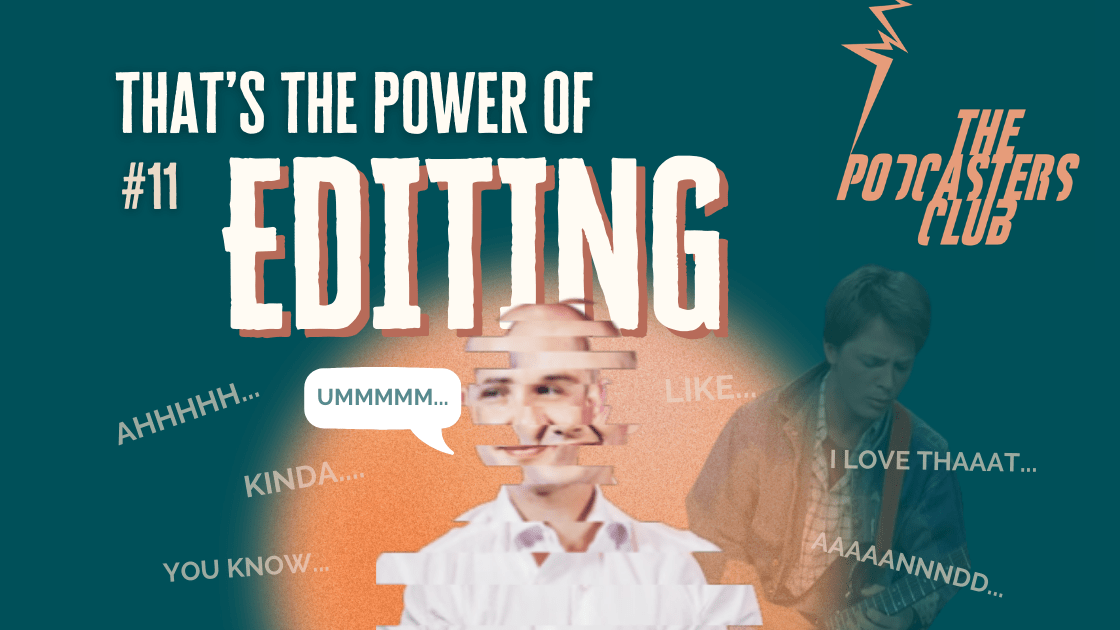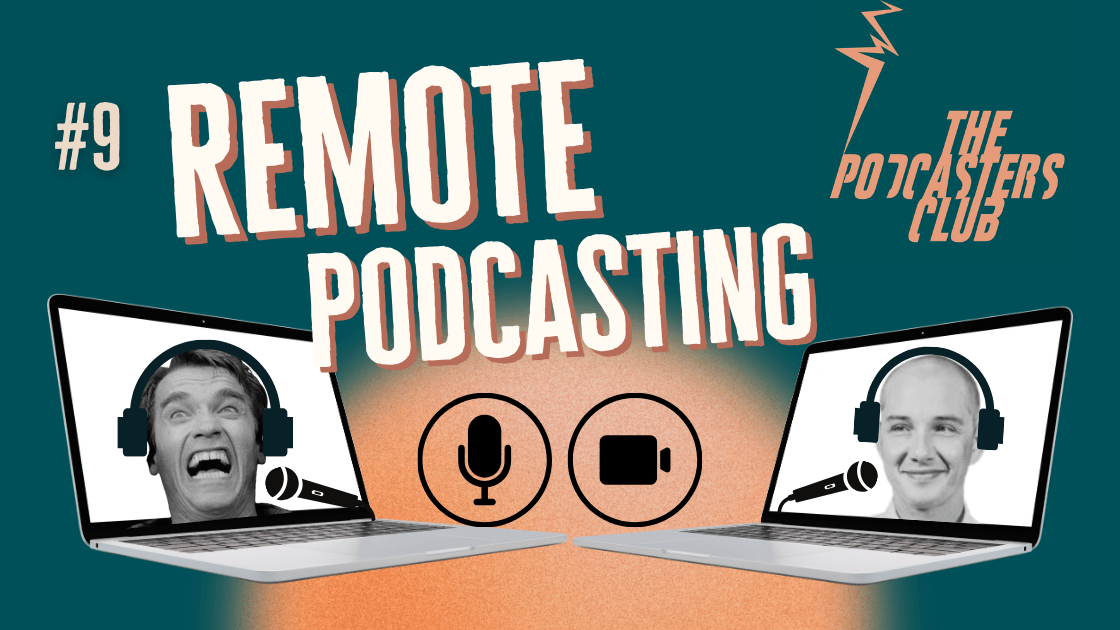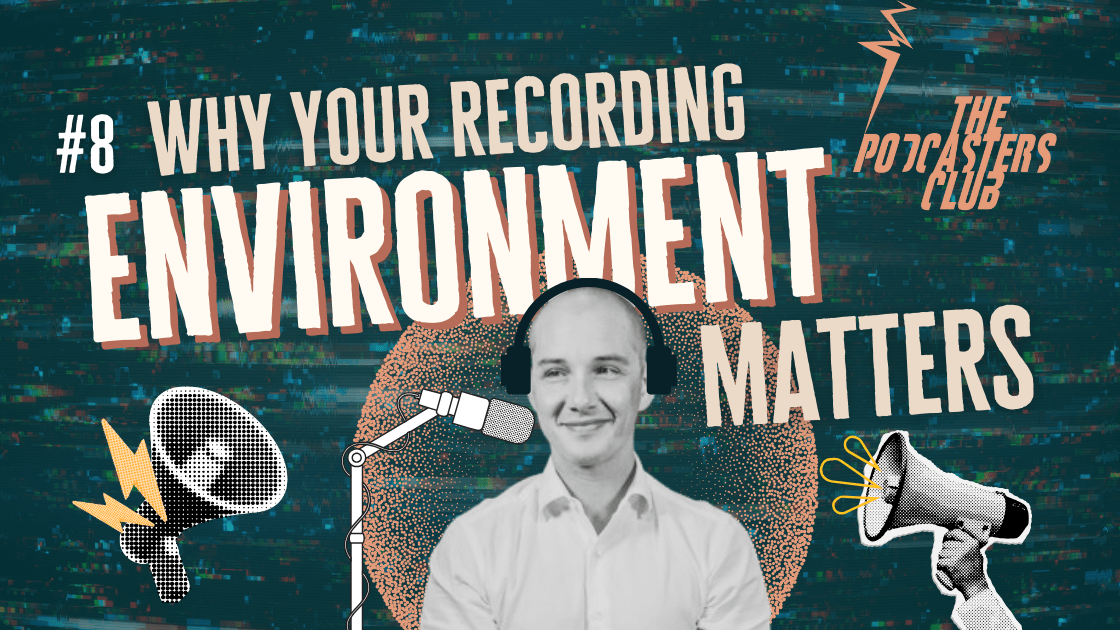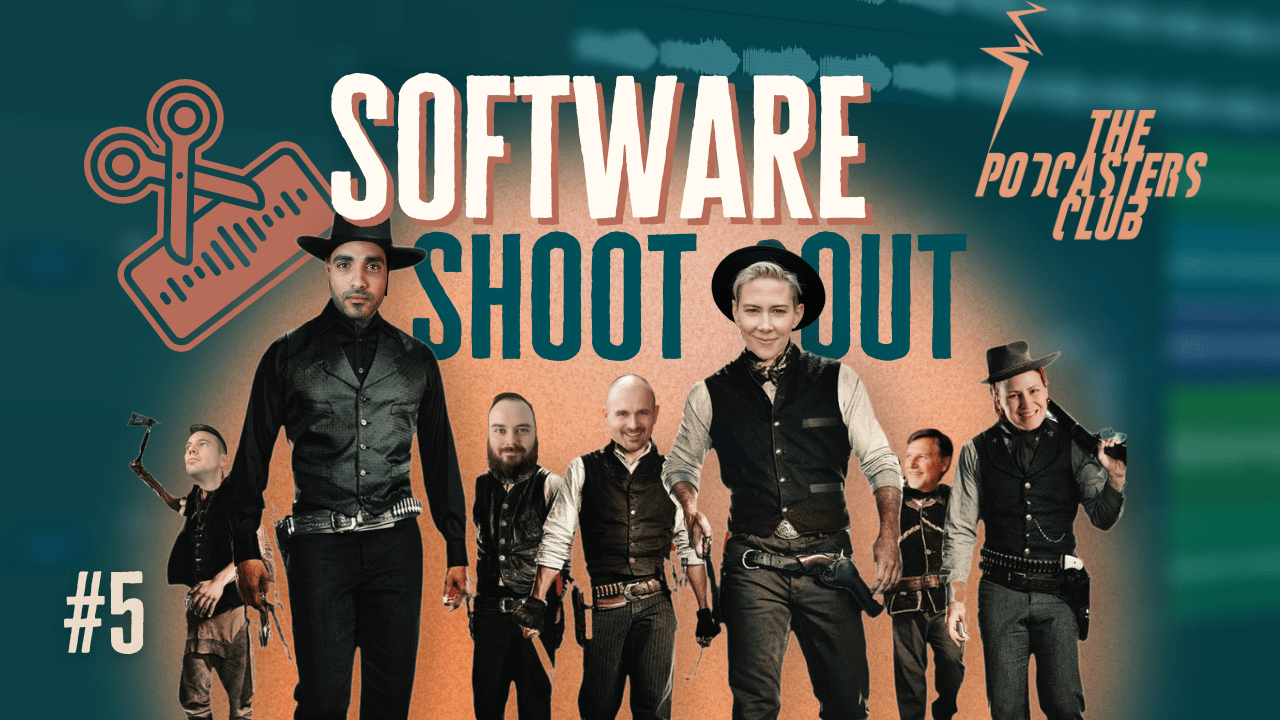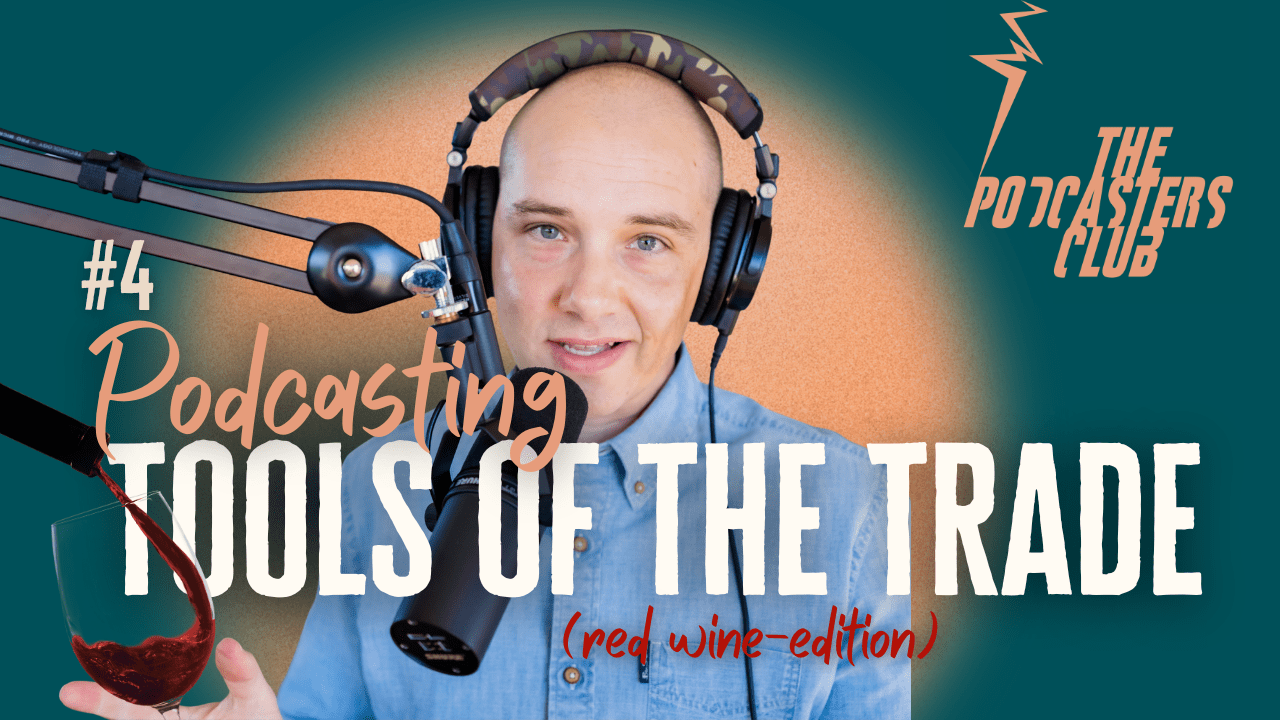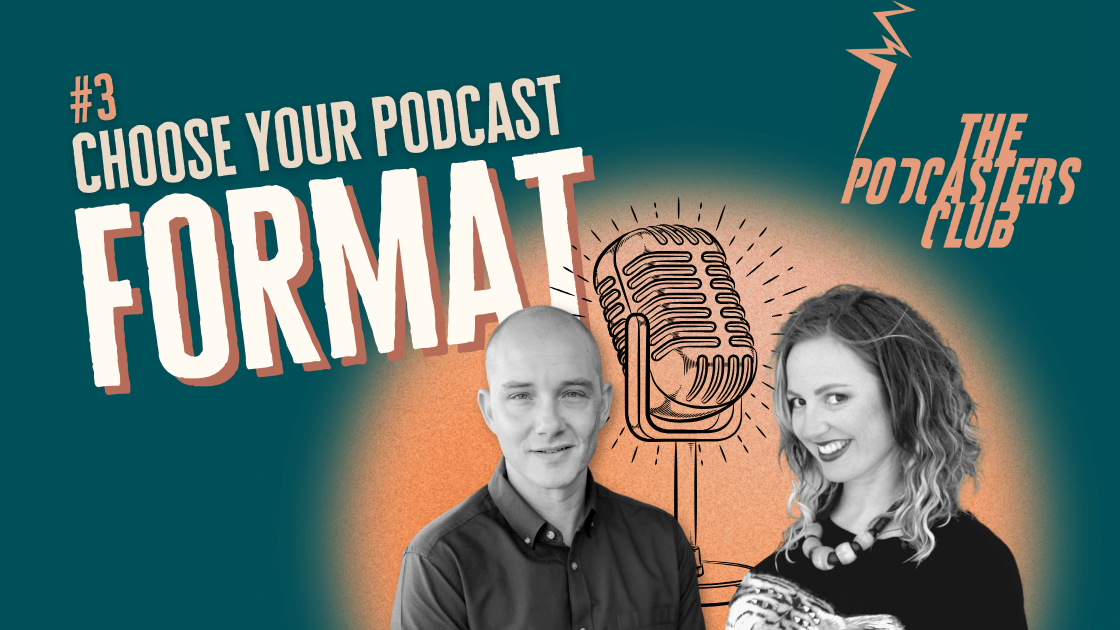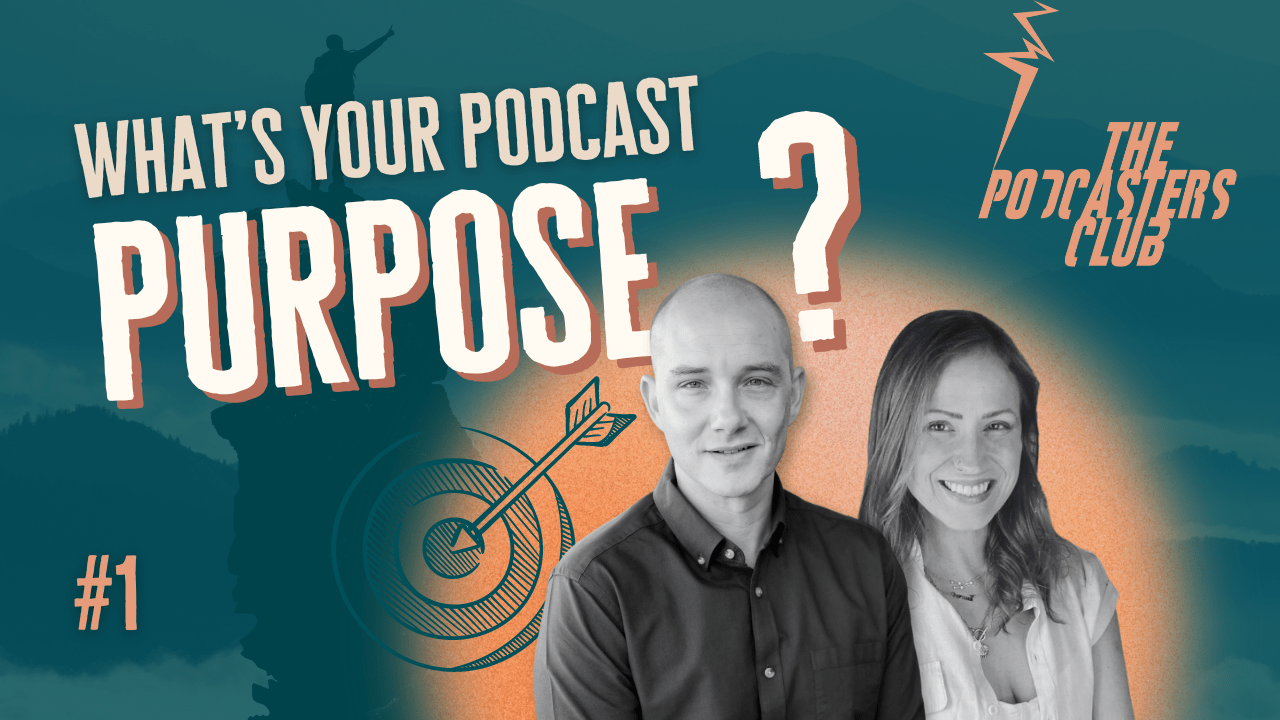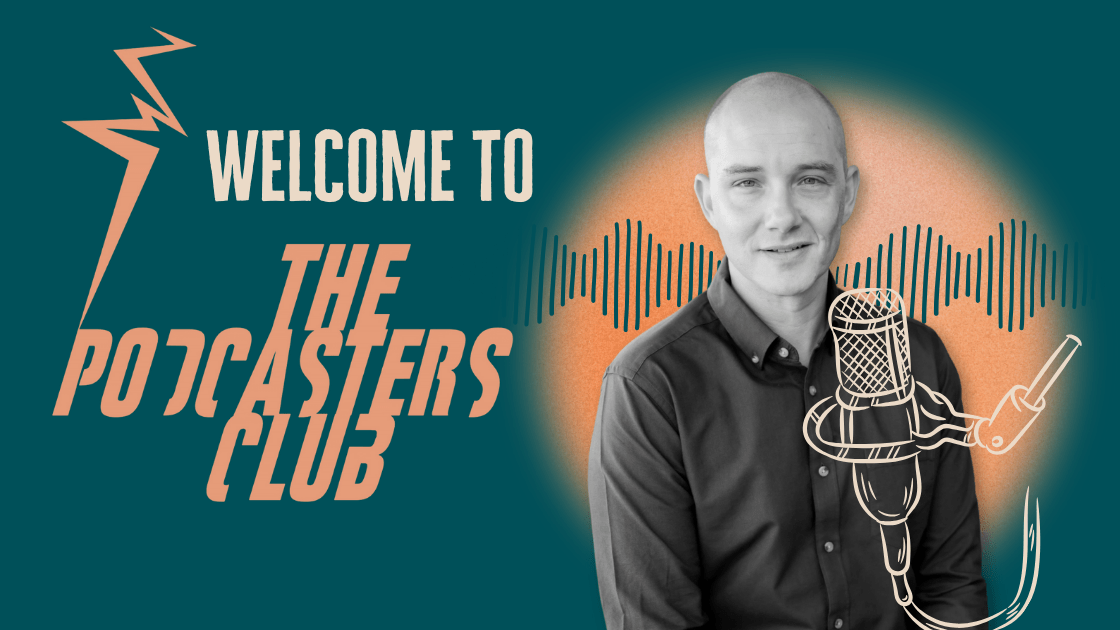Finding the perfect format for your podcast.
This guide dives deep into the most popular podcast styles, empowering you to select the type of podcast that resonates most with your target audience and fuels your creative vision.
What are the main podcast types?
From intimate solo shows to captivating narratives, we'll explore the pros and cons of each format, helping you unlock the perfect style for your brand and supercharge your chance of success.
Whether you decide on one style or a mixture of styles: when you set out to create a podcast with your style or genre in mind before you hit record, you’ll develop that style purposefully from the start, resulting in an intentional and more effective podcast.
Solo: The Intimate Storyteller
Imagine a captivating monologue, brimming with knowledge or humour. That's the essence of a solo podcast. Perfect for educational content, news updates, or solopreneur ventures, this format allows you complete control over the narrative. Think of it as an intimate fireside chat, where you connect directly with your listeners.
A great application of the solo show would be for a traditional storyteller. Mike Rowe has a very famous podcast in this style called ‘The Way I Heard It’ - each episode features Mike telling a short story.
My favourite podcast - Hardcore History - is technically a solo show, although it also bridges the ‘narrative’ style which we’ll get too soon.
Pros:
Effortless Setup: Requires minimal equipment, planning and scheduling compared to other styles.
Complete Creative Control: You dictate the content, tone, and direction of the show.
Intimate Connection: Fosters a close bond with your audience, feeling like a trusted friend.
Cons:
Potential for Monotony: A single voice can tire listeners, especially if lacking dynamism.
Limited Perspective: Lacks the variety and engagement of multiple voices.
Full Responsibility: The weight of carrying the entire show rests on your shoulders.
Interview: Harnessing Expertise
Interviews are the podcasting equivalent of a stimulating conversation. By inviting guests with diverse perspectives, you tap into a wealth of knowledge and experiences. This style works for any genre, from industry deep dives to celebrity interviews. In ‘The Broken Record’ podcast, legendary producer Rick Rubin delves into the world of music with renowned artists. Interview shows leverage your guest's audience, exposing you to a wider listener base.
Pros:
Reduced Scripting: Interviews are often conversational, requiring less scripting.
Expert Insights: Leverage your guest's knowledge to educate and engage your audience.
Expanded Reach: Tap into your guest's audience for wider exposure.
Cons:
Guest Dependence: A bad interviewee can ruin an episode.
Scheduling Challenges: Booking and coordinating with guests requires effort and foresight.
Limited Control: You have less control over the flow of the conversation.
Multi-Host, Panel or Ensemble:
Looking for a dynamic group discussion? Consider a multi-host, panel, or ensemble format. Multi-host shows like ‘Stuff You Should Know’ offer lively debates and contrasting viewpoints. Panel shows, featuring seasoned presenters and guest experts resemble talk shows like The Graham Norton Show or The Late Show – a proven successful format. Ensemble podcasts, like ‘Hello from the Magic Tavern’ create a captivating audio drama with a diverse cast.
Pros:
Engaging Dynamics: Multiple voices create a lively and interactive atmosphere.
Shared Workload: Research, scripting, and production tasks can be shared among the team.
Unique Perspectives: Offers a variety of viewpoints for a well-rounded discussion.
Cons:
Teamwork Challenges: Compatibility and communication are crucial for smooth operation.
Production Complexity: Recording and editing can be more intricate with multiple voices.
Limited Control (Panel/Ensemble): Maintaining order in a panel or ensemble setting requires strong moderation.
Narrative: Captivating Storytelling
Narrative podcasts are the storytellers of the audio world. Shows like ‘Serial’ and ‘Radiolab’ weave captivating narratives that leave listeners wanting more. This podcast format is ideal for true crime investigations, historical deep dives, or even heartwarming tales. Narrative podcasts often utilise sound effects, music, and voice acting to create an immersive experience.
Pros:
High Engagement: Compelling stories keep listeners hooked, episode after episode.
Creative Freedom: Explore storytelling techniques to create a unique audio experience.
Emotional Connection: Stories can evoke strong emotions and forge a deeper bond with listeners.
Cons:
Production Intensive: Scriptwriting, sound design, and editing require significant effort.
Admin Demanding: Narrative podcasts often require meticulous planning and execution.
Technical Expertise: Creating a polished soundscape demands audio editing skills. Learn about the importance of editing in this article.
Get in touch with Precision Podcasting to discuss how we can polish your podcast.
Finding Your Perfect Podcast Style:
Remember, the ideal podcast style reflects your unique voice and content. Experiment, explore, and don't be afraid to combine elements from different podcast formats. The key lies in the planning. Decide on your style from the start so your listeners can rely on your consistent format.
Still unsure which style is best for you?
Through discussion and inquiry, we’ve helped steer clients toward finding the perfect solution for them. We know podcasts, so get in touch with us today and let’s discuss your idea.





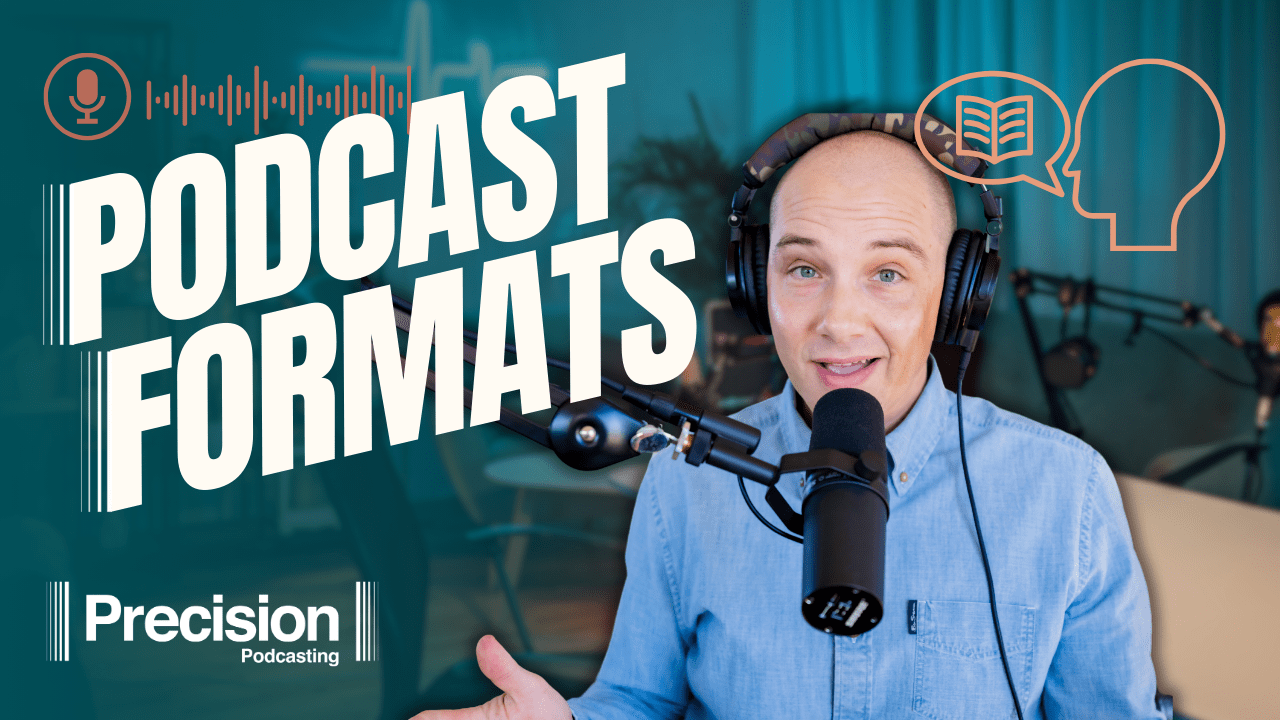
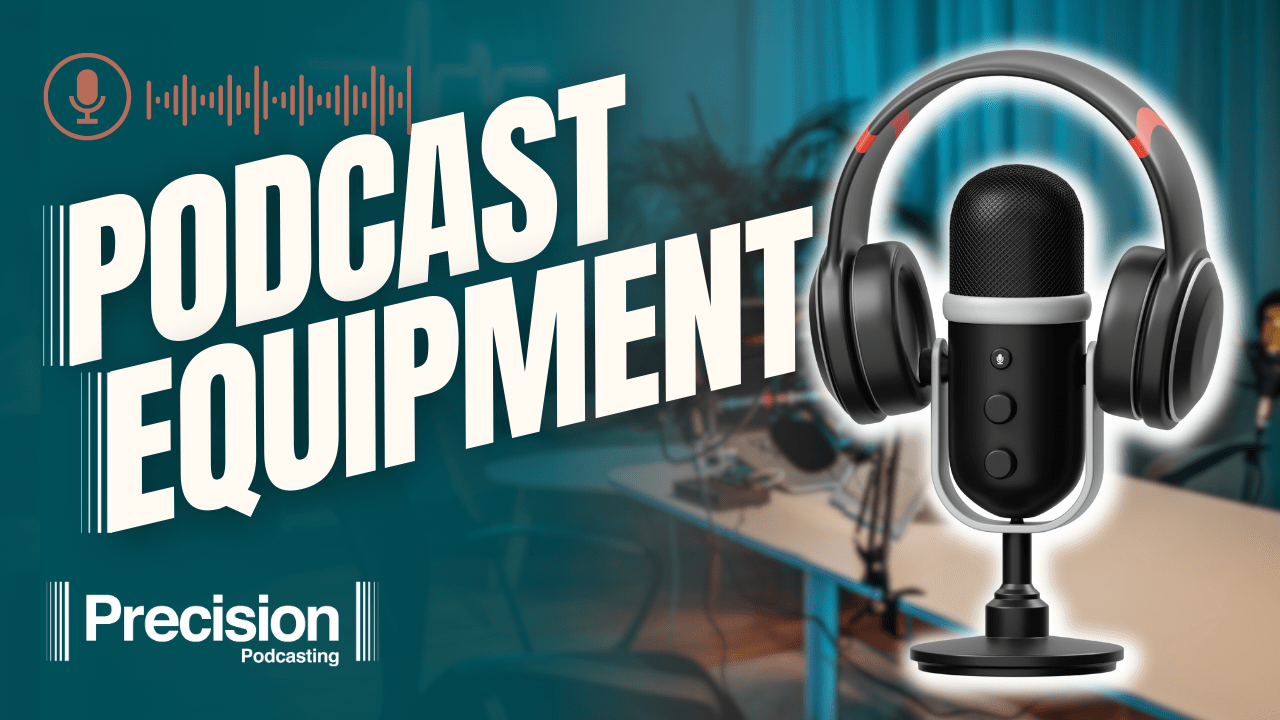
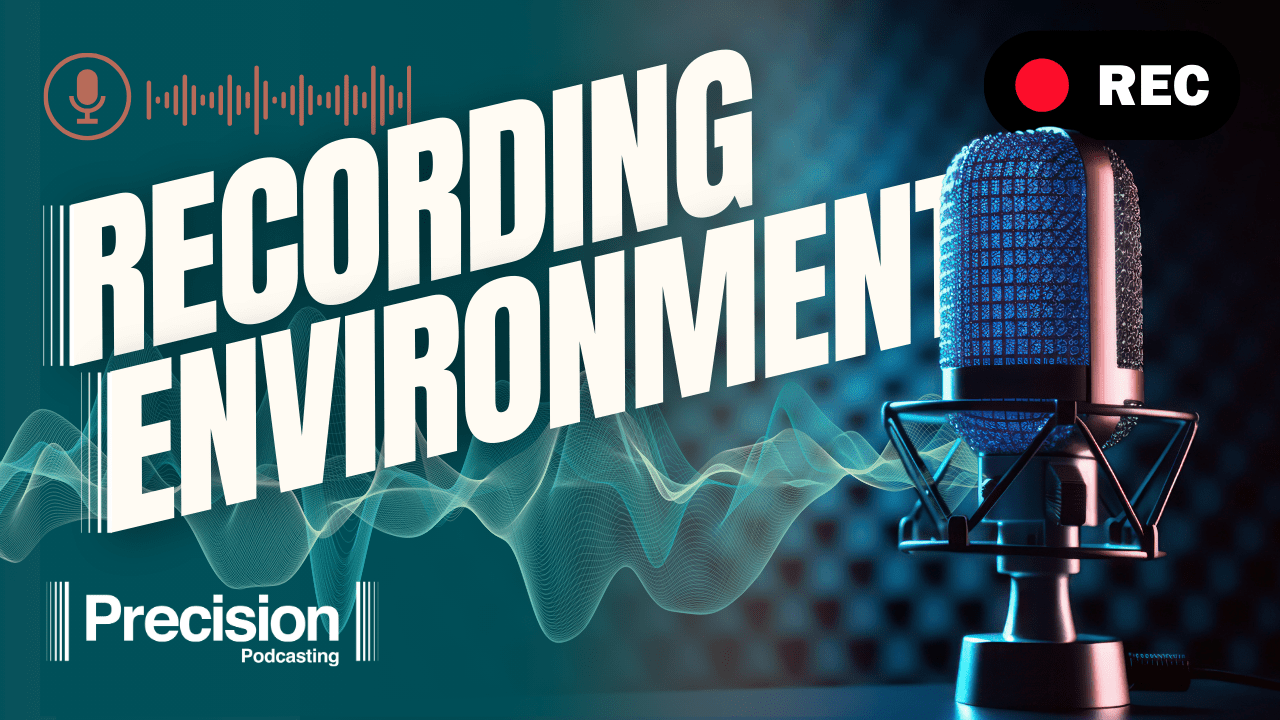
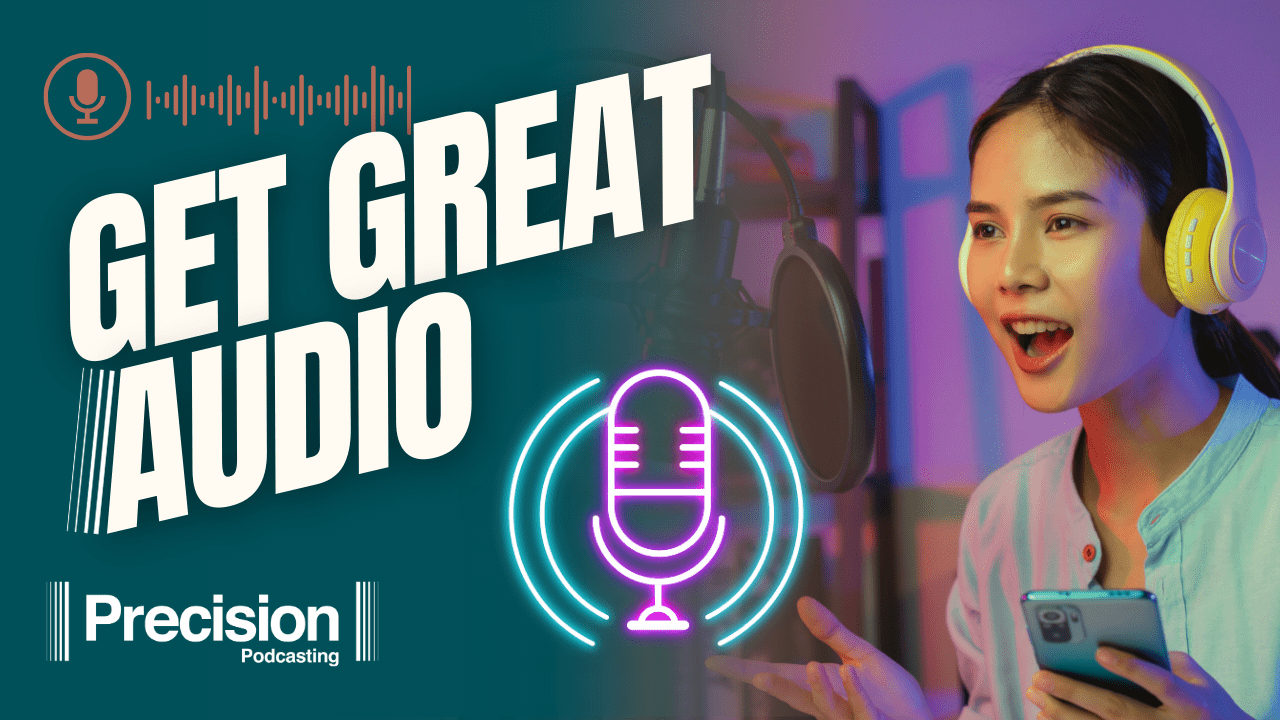
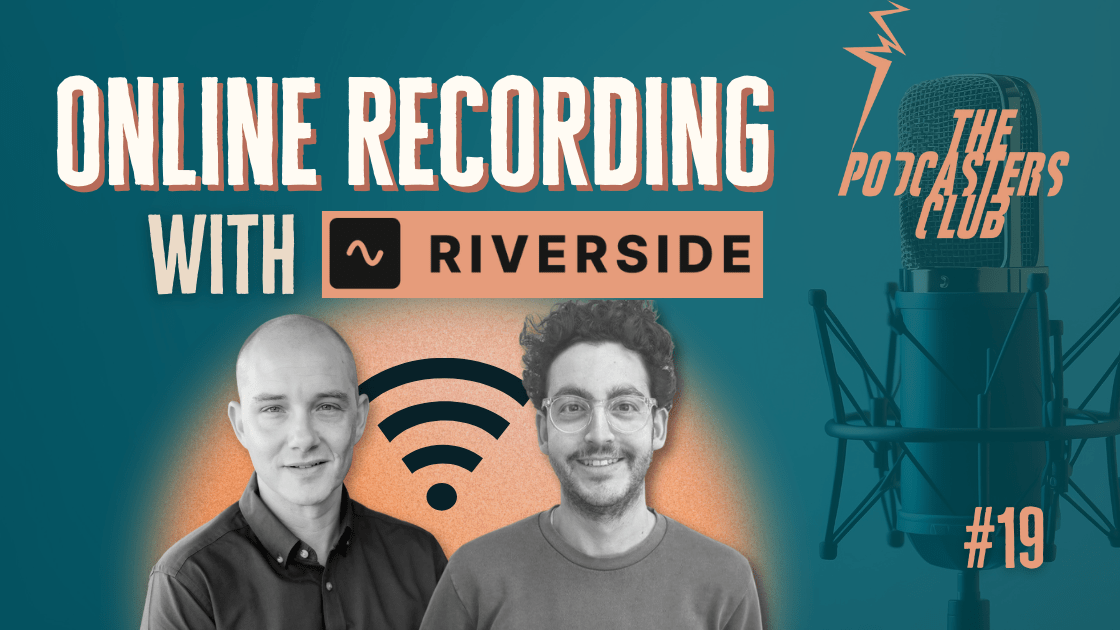
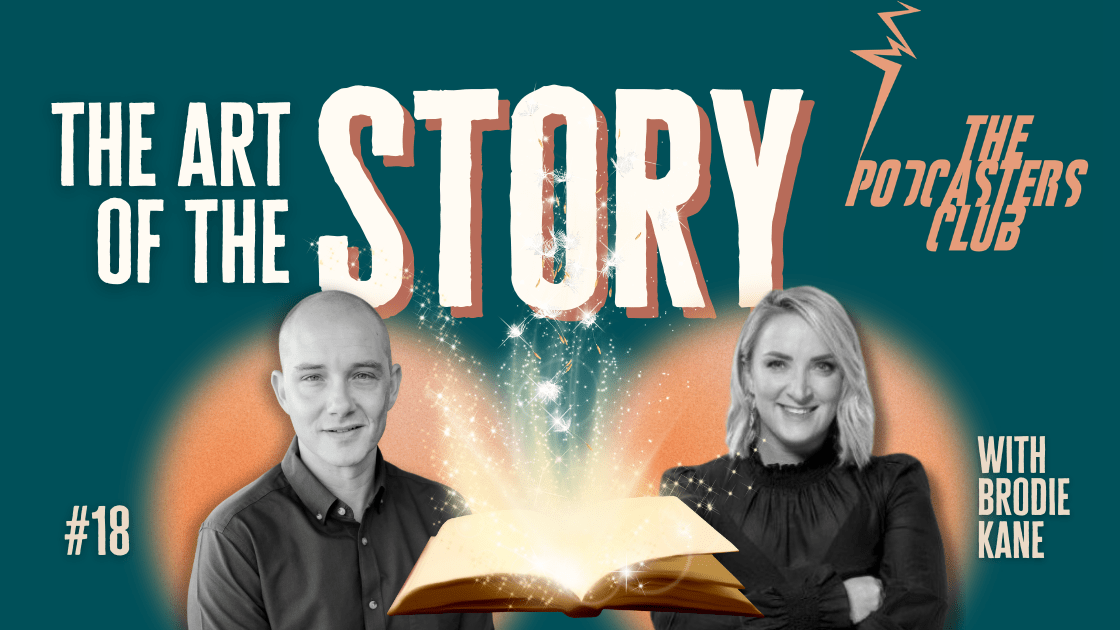

![Blue Yeti X: The Podcaster's Workhorse? [review]](https://images.squarespace-cdn.com/content/v1/6632edd588483f6e2a0bc4fa/1715812288019-HMB8SFWJ6GEWX4OY9NIS/The-Podcasters-Club-Ep12-Blue-Yeti-Review-min.png)
